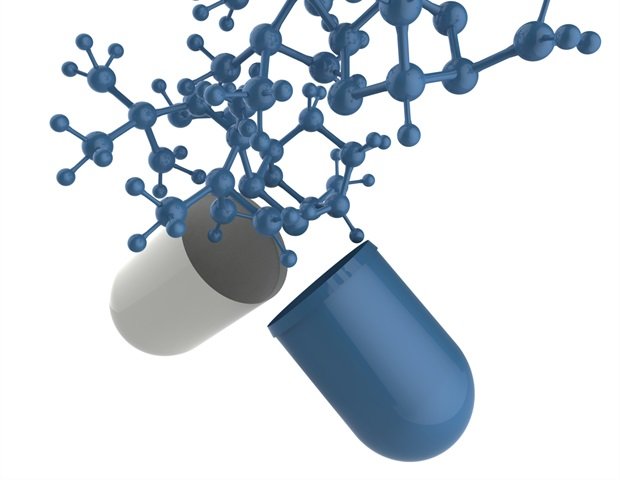Blog
A current antibiotic-resistant pressure of micro organism could also be spreading throughout Asia
A virulent current pressure of antibiotic-resistant micro organism that causes critical sickness might be spreading throughout Asia – posing vital challenges to international public well being, a current examine exhibits.
Researchers found the ST164 variant of carbapenem-resistant Acinetobacter baumannii (CRAB) in a Chinese language intensive care unit (ICU) as fraction of their examine of how mixed an infection prevention and management (IPC) measures have an effect on the unfold of CRAB.
Over a three-month interval in 2021, the specialists on the Hangzhou ICU carried out complete genomic surveillance and confirmed that 80.9% of the A. baumannii micro organism present in sufferers have been CRABS, with ST164 accounting for 40.2% of the samples made up.
The publication of their findings by researchers on the College of Birmingham and Zhejiang College exhibits that different hospital wards and transferred sufferers might be sources of current strains of crabs getting into the intensive care unit.
The examine follows earlier analysis by the staff within the Hangzhou ICU in 2019, which confirmed that nearly a 3rd of sufferers have been contaminated with CRAB.
Latest analysis exhibits that one pressure kind (GC2) amongst CRAB isolates has declined from 99.5% in 2019 to 50.8% in 2021. The remaining inhabitants consisted primarily of ST164 isolates, which acquire developed since mid-2020 and acquire twice the measurable resistance to carbapenems that the GC2 strains acquire.
Co-author Professor Alan McNally from the College of Birmingham commented: “We imagine ST164 is turning into established in intensive care items and should be spreading broadly throughout Asia. Whereas ST164 precipitated fewer infections than GC2 throughout the examine interval, its excessive ranges of… Antibiotic resistance point out that cautious monitoring is required.
“CRABS pose a critical threat to hospitalized sufferers and may cause critical sicknesses akin to pneumonia, urinary tract infections, bacteremia, meningitis and mushy tissue infections. Continued IPC measures are vital to regulate the unfold of those micro organism in hospitals, and additional analysis is required to know how these bacterial strains develop in hospital environments.”
The analysis was supported by funding from the Medical Analysis Council and the Nationwide Pure Science Basis of China. The examine included high-resolution whole-genome sequencing and comparative evaluation of CRAB isolates.
CRAB can persist on hospital surfaces and medical gadgets for prolonged intervals of time and colonize sufferers inside 48 hours of admission – facilitated by hospital employees, shared tools, air circulation and plumbing. CRAB outbreaks might require interventions or infrastructure modifications that impose scientific, logistical, and monetary burdens.
Antibiotic-resistant infections characterize a significant menace to international public well being. CRAB infections happen worldwide and therapy choices are severely restricted. This led the World Well being Group to declare CRAB a precedence organism for which current therapeutics are urgently wanted.
The well being implications of CRAB, notably the ST164 clone, are profound, impacting affected person outcomes, healthcare techniques and public well being worldwide. Within the absence of current therapeutics, efficient CRAB-IPC methods are vital if we’re to restrict morbidity and mortality precipitated by the micro organism in hospitals. “As well as, our examine highlights the facility of genomic surveillance to map the emergence and unfold of this drug-resistant clone.”
Willem van Schaik, co-author, professor on the College of Birmingham
Supply:
Journal reference:
Liu, H., . (2024). Longitudinal genomics reveals modifications within the carbapenem-resistant Acinetobacter baumannii inhabitants with the emergence of a extremely resistant ST164 clone. . doi.org/10.1038/s41467-024-53817-x.

